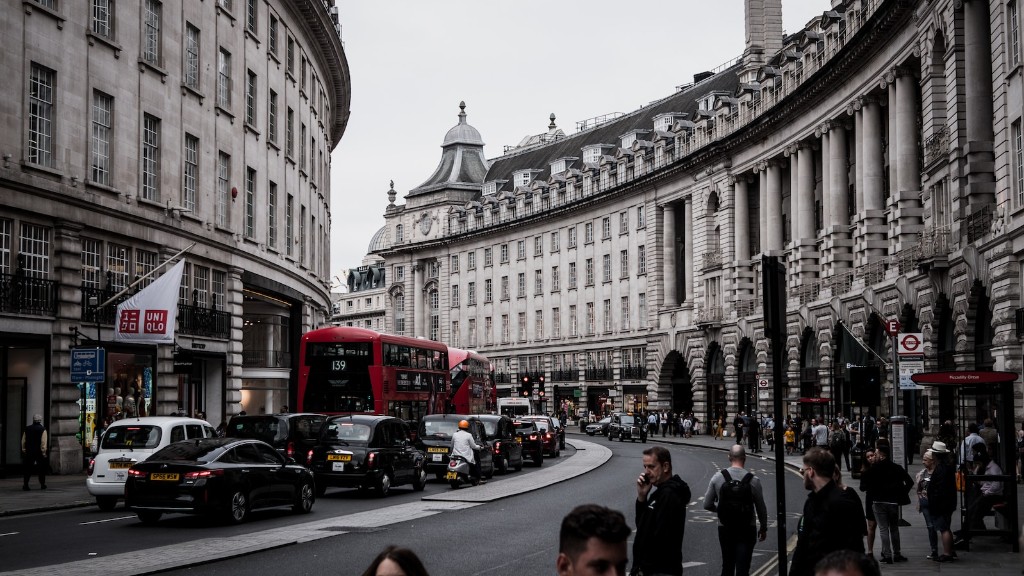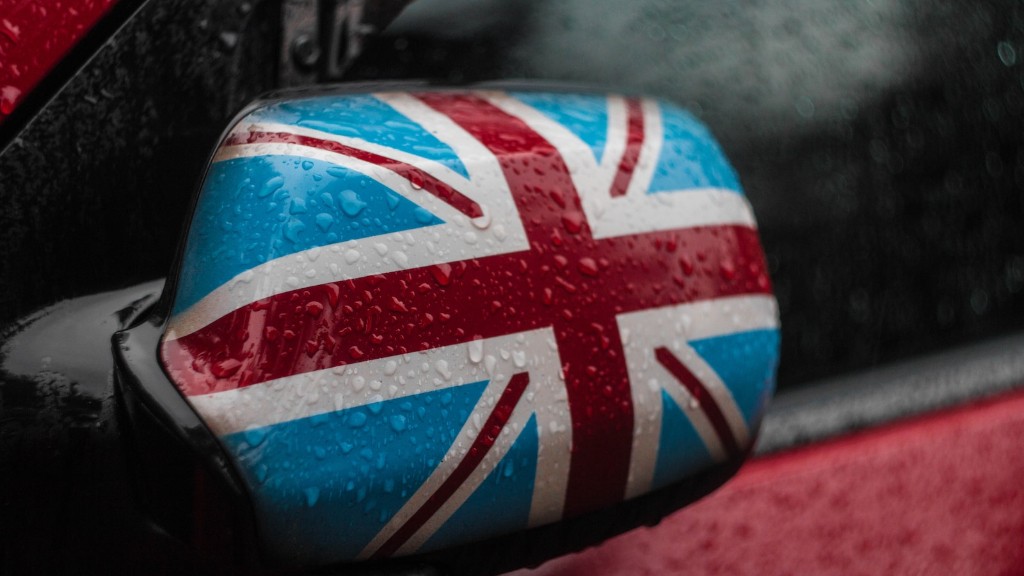The House of Commons
During World War II, Great Britain adopted a parliamentary system of government. The government of the United Kingdom was primarily determined by the decisions of the House of Commons. This body was comprised of elected members of parliament who represent various constituencies throughout the United Kingdom. The primary role of the House of Commons during this time was to assess government policies, rules, laws, and regulations while debating their merits.
The House of Commons had a significant impact on the kind of government Great Britain adopted during World War II. They were responsible for proposing and passing legislation that enabled the government to successfully win the war. As such, the members of the House of Commons had a massive responsibility to ensure that laws and regulations were in place to support the Allied cause.
The House of Commons had the power to appoint members of the cabinet to oversee various government departments. This was a key role during the war as it enabled the government to have control over the relevant departments to effectively prosecute the war effort. The cabinet was primarily responsible for ensuring the government was able to fulfill its duties and provide necessary services to its citizens. Without the House of Commons, it’s likely Great Britain wouldn’t have had the same level of control and guidance.
The Prime Minister
The Prime Minister was the head of the British government during World War II. Usually, the Prime Minister was from the governing party and was appointed by the monarch. The Prime Minister served as an important figure in the executive branch of the British government and was responsible for appointing the members of the cabinet and overseeing the various departments of the government.
The Prime Minister held a great deal of power during this time and was able to make key decisions that would shape the country’s response to the war. The Prime Minister had the authority to declare war, appoint members to the cabinet and approve government laws and regulations. During this time, the British Prime Minister, Winston Churchill, was inspiring and single-handedly rallied the British population behind the Allied cause.
The Prime Minister was also able to appoint key members of the military to oversee the armed forces. These included General Montgomery and Admiral Cunningham who proved to be instrumental leaders during the war. The Prime Minister also had the power to make decisions about policy matters such as rationing and the deployment of troops.
The Monarchy
The British Monarchy also had a significant role to play in the government of Great Britain during World War Two. The monarch was the head of state and had the power to appoint the Prime Minister and members of the House of Lords. The monarch was also able to approve treaties and laws that had been passed by the legislature and was the symbolic leader of the nation.
During this period, King George VI was the reigning monarch and had a major influence in British policy. He supported the war effort and approved the government policies that had been proposed by the House of Commons. He was a key figure in uniting the nation against Nazi Germany.
The monarchy also played an important role in morale-boosting activities. They often would visit troops at the front line and make appearances at various factories to support the industrial workforce. They were also involved in charity activities such as visiting hospitals and improving the living conditions in the country.
Economic Policy
The economic policy of Great Britain during World War II was a key factor in determining the success of the country. The government was responsible for allocating resources to the military, providing employment, and stimulating the economy. These policies had to be carefully managed in order to ensure that the British population would be able to survive the rigors of the war.
The government implemented various regulations to control the price of goods in order to prevent inflation. They also increased taxes dramatically to fund the war effort. This meant that the majority of resources were diverted away from everyday items and towards the military.
The government set up rationing in order to ensure that citizens were able to access essential items during shortages. This system prevented any one group from obtaining an undue advantage when accessing the limited resources. Finally, the government provided employment and organized various public works programs to boost morale and the economy.
Military Policy
The British Armed Forces played a vital role in the war effort and were highly successful due to their well-organized and strategic policies. The military policy was based on the principle of offensive action. This meant that the military concentrated on taking the fight to the enemy rather than relying on a defensive strategy.
The British military was also highly organized and efficient. This was due to the recruitment of capable individuals from various backgrounds and the thorough training and preparation of troops before they were sent into battle. The military also employed advanced technologies such as radar and optical range-finding devices to gain a tactical advantage.
The British military also used information and disinformation operations. By disseminating false information, they were able to trick the enemy into believing their position was weaker than it actually was. This was highly effective and enabled the British military to secure strategic advantages that otherwise would not have been possible.
Political Policies
The political policies adopted by the British government during World War II were essential for maintaining domestic peace and stability. The government was heavily criticized throughout the war for its handling of the domestic situation. This included the introduction of new restrictions on citizens such as curfews and rationing.
The government also had to make difficult decisions regarding the repatriation of refugees and prisoners of war. These decisions made could have had major implications on the public opinion of the government. The government had to ensure that their decisions were fair and in the best interests of the country. They also had to make sure to uphold international law and treaties.
The political policies of the British government had to take into account the effects of the war on the population. They had to create policies that would allow both the military effort and the economy to be maintained. This was a difficult task as the government needed to ensure the economy wouldn’t suffer while at the same time supporting the war effort.
Foreign Policy
The foreign policy of the British government during World War II was heavily influenced by the war. In order to protect the country’s interests, the government had to make alliances with other nations and maintain diplomatic relations. They also had to take into account the interests of the Allied powers and ensure that their actions were consistent with those of the other nations.
The British government sought to build and maintain strong foreign relations with countries such as the United States and the Soviet Union. This was important as the British needed to ensure that these countries would be willing to provide military support during the war. The government also sought to improve relations with other nations after the war in order to gain access to vital resources.
The British government also had to be aware of the actions of hostile nations and had to ensure that the country was well defended in the event of an attack. The government was also keen to develop friendly relations with potential allies and ensure that the country was safe from interference from foreign powers.
Conclusion
The government of Great Britain during World War II was a complex and dynamic system. The House of Commons, along with the Prime Minister, the Monarchy, and the Armed Forces all had to work together in order to ensure that the country was able to successfully prosecute the war effort and maintain the morale of its citizens. By looking at the various types of government policies adopted during this time, it’s possible to gain a better understanding of how the system was able to function and achieve success.





